Obesity Debate: A Comprehensive Analysis of Obesity as a Disease
VerifiedAdded on 2022/12/15
|10
|564
|302
Essay
AI Summary
This essay delves into the ongoing debate surrounding obesity and its classification as a disease. The essay begins by defining obesity and its global prevalence, highlighting its association with various health conditions. It then presents a coherent argument, exploring the perspectives of both those who consider obesity a disease and those who do not. The essay discusses the impact of obesity on cholesterol levels, heart health, and the potential for discrimination faced by obese individuals. Arguments for and against considering obesity a disease are analyzed, considering factors such as genetic predisposition, lifestyle choices, and societal attitudes. The conclusion summarizes the arguments, reinforcing the idea that obesity can be considered a disease, given its significant health consequences and global impact. The essay also includes references to support the claims. This assignment is available on Desklib.
1 out of 10
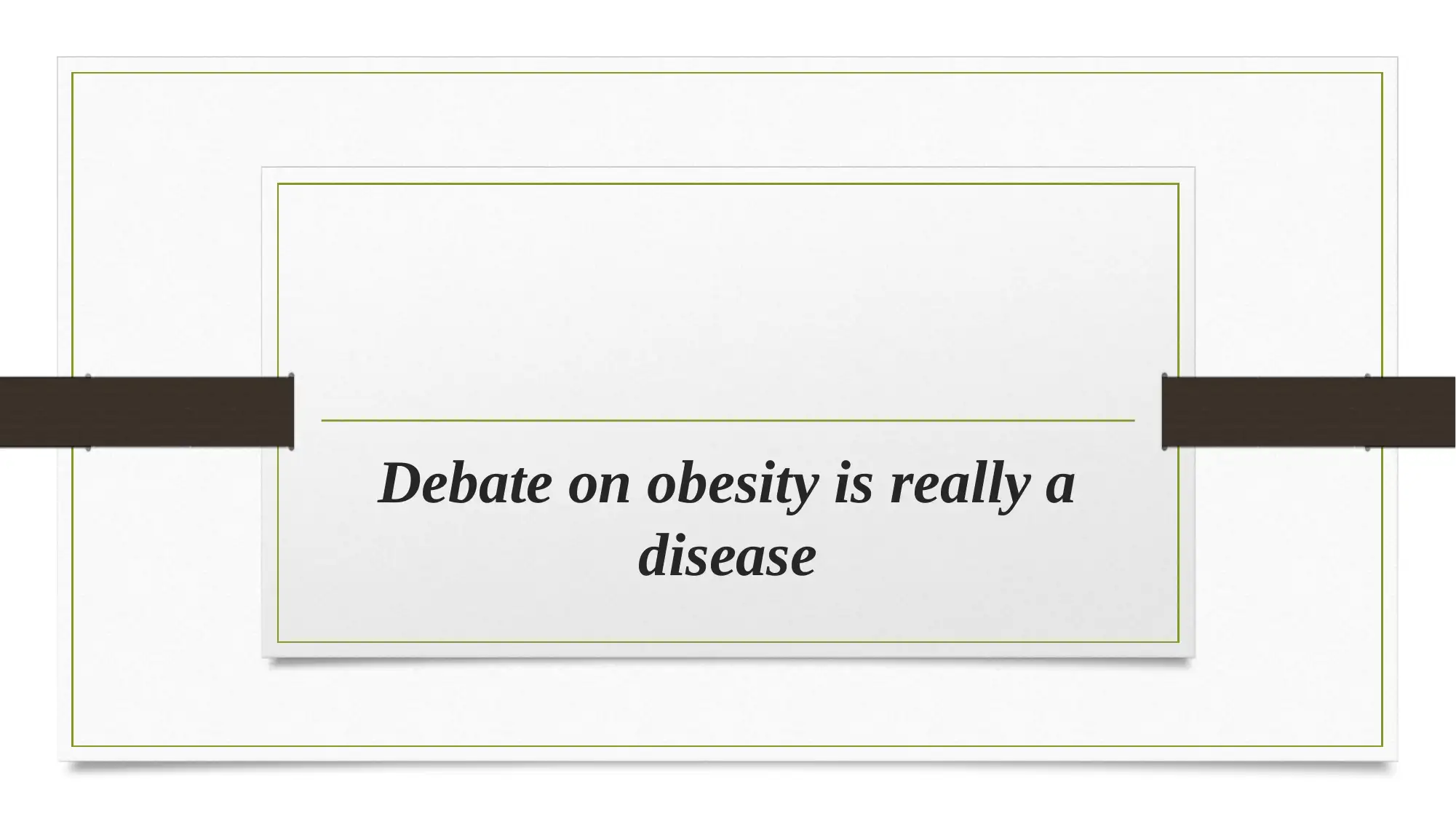
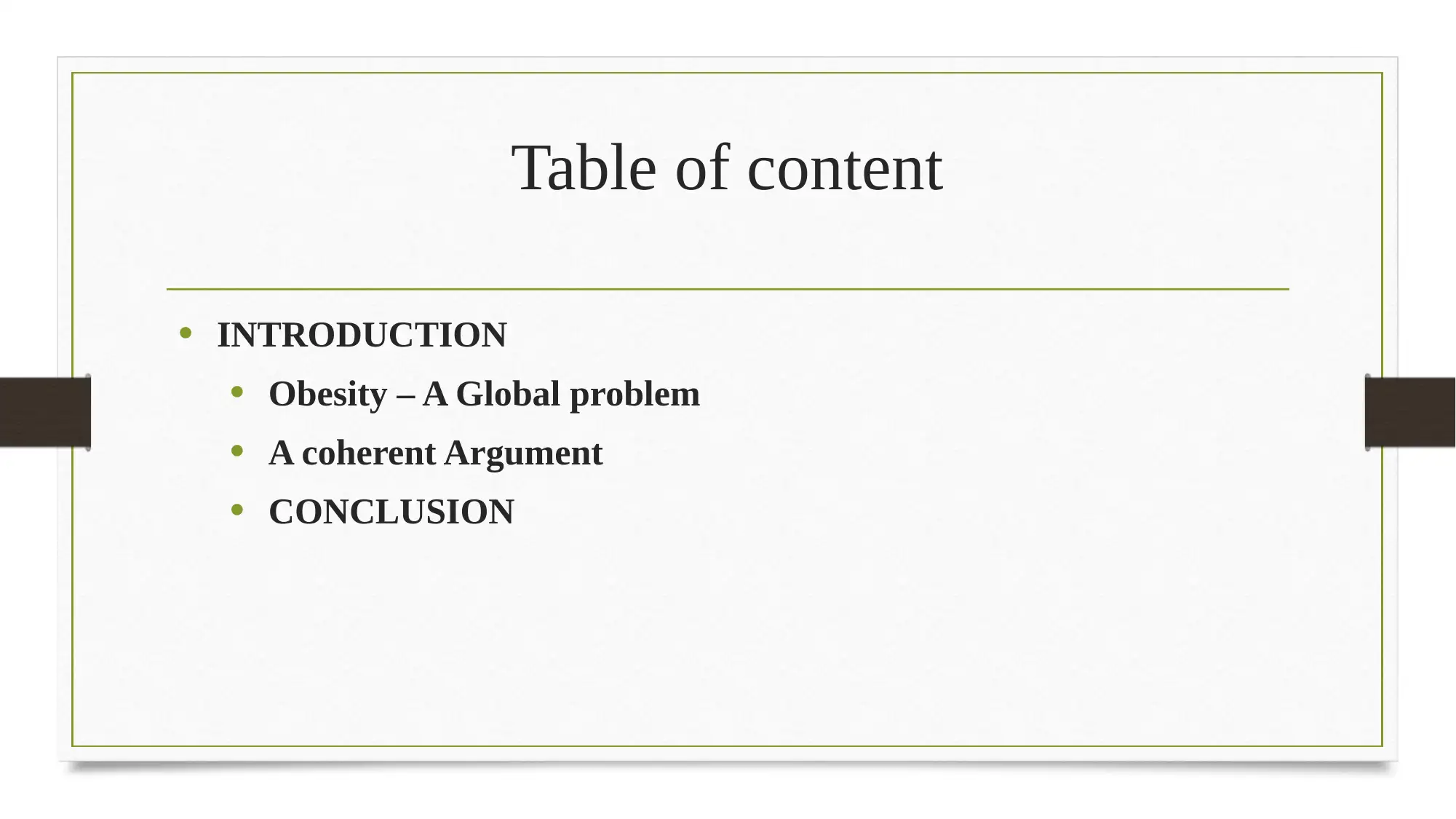
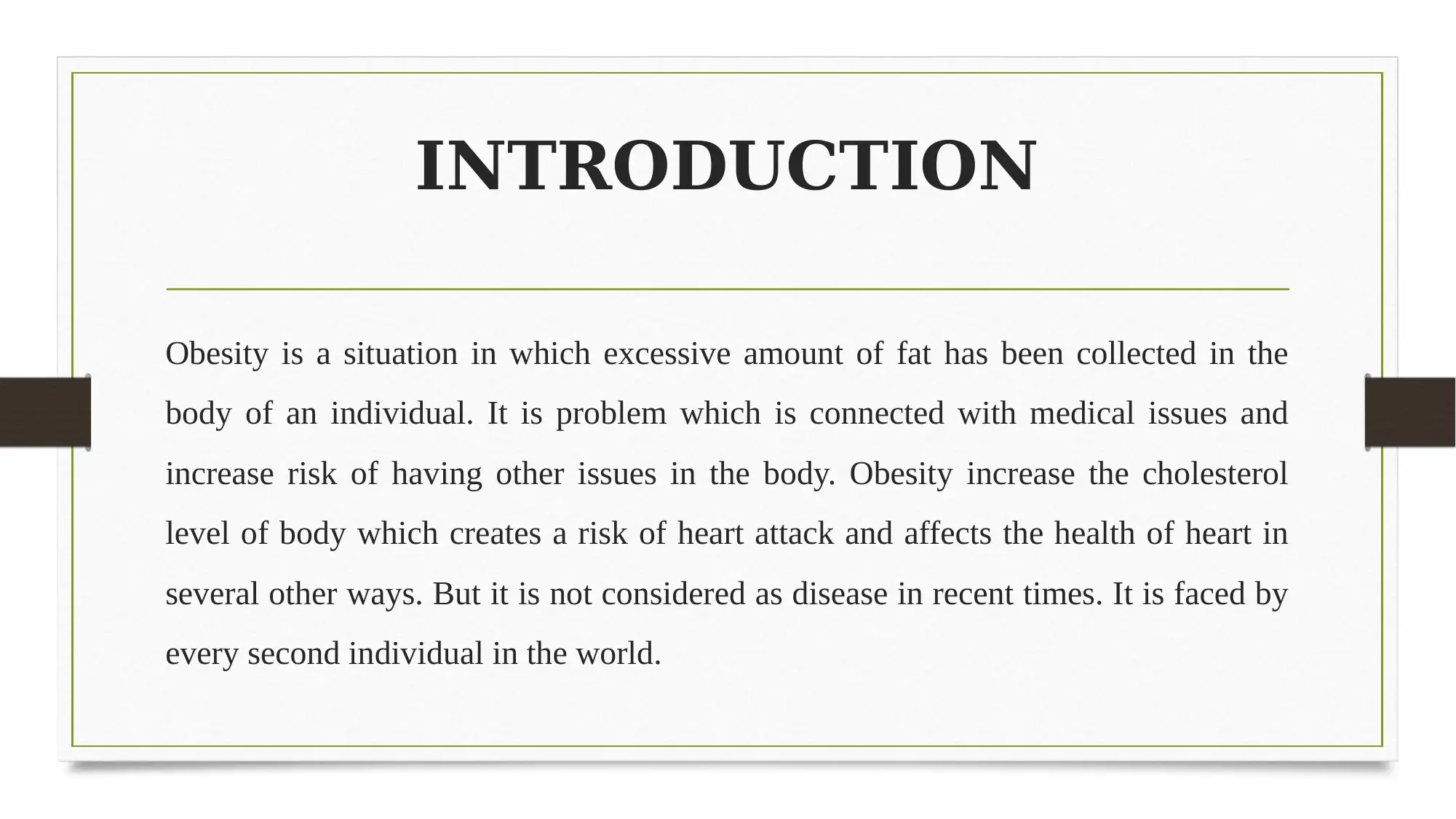

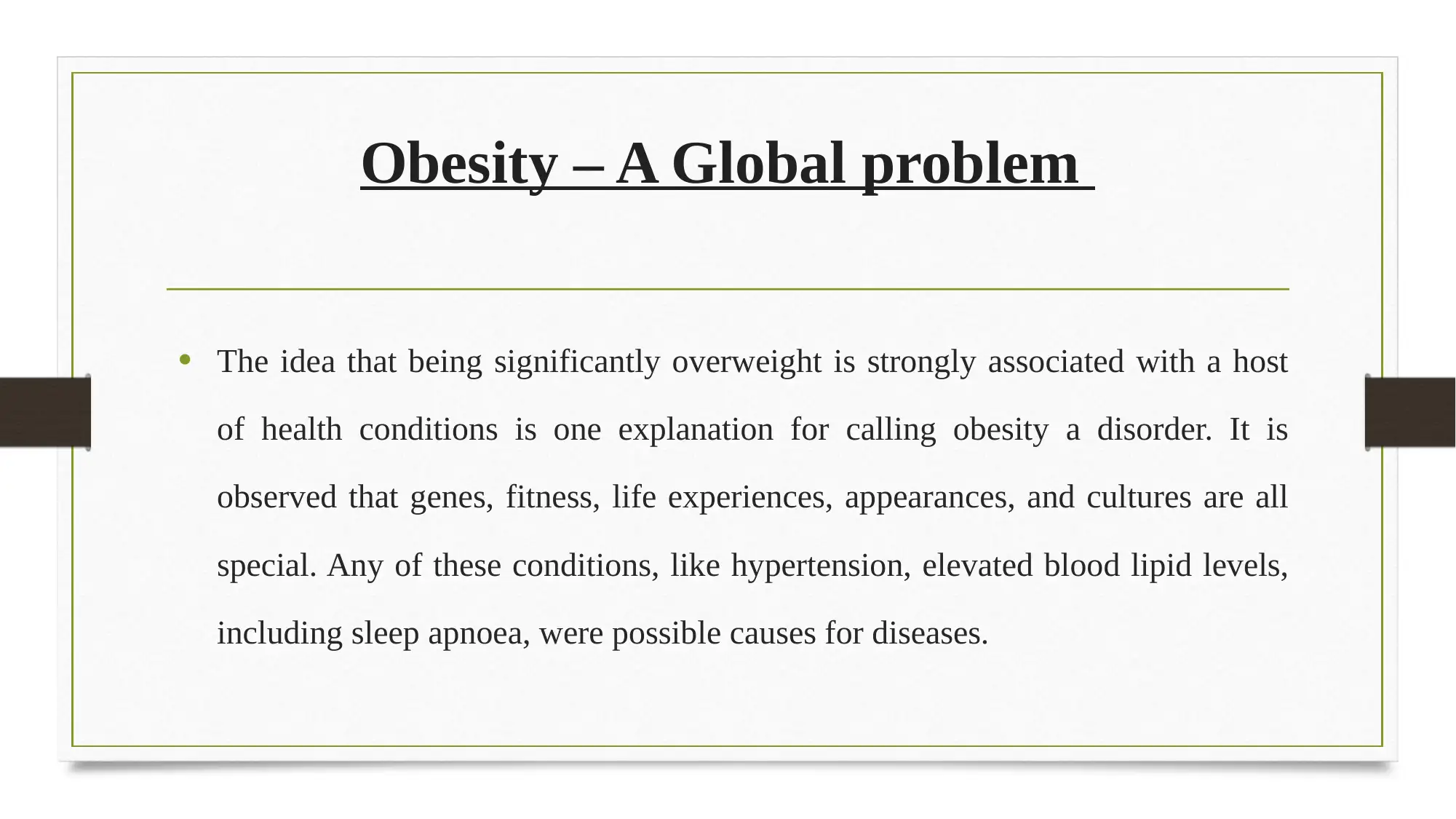
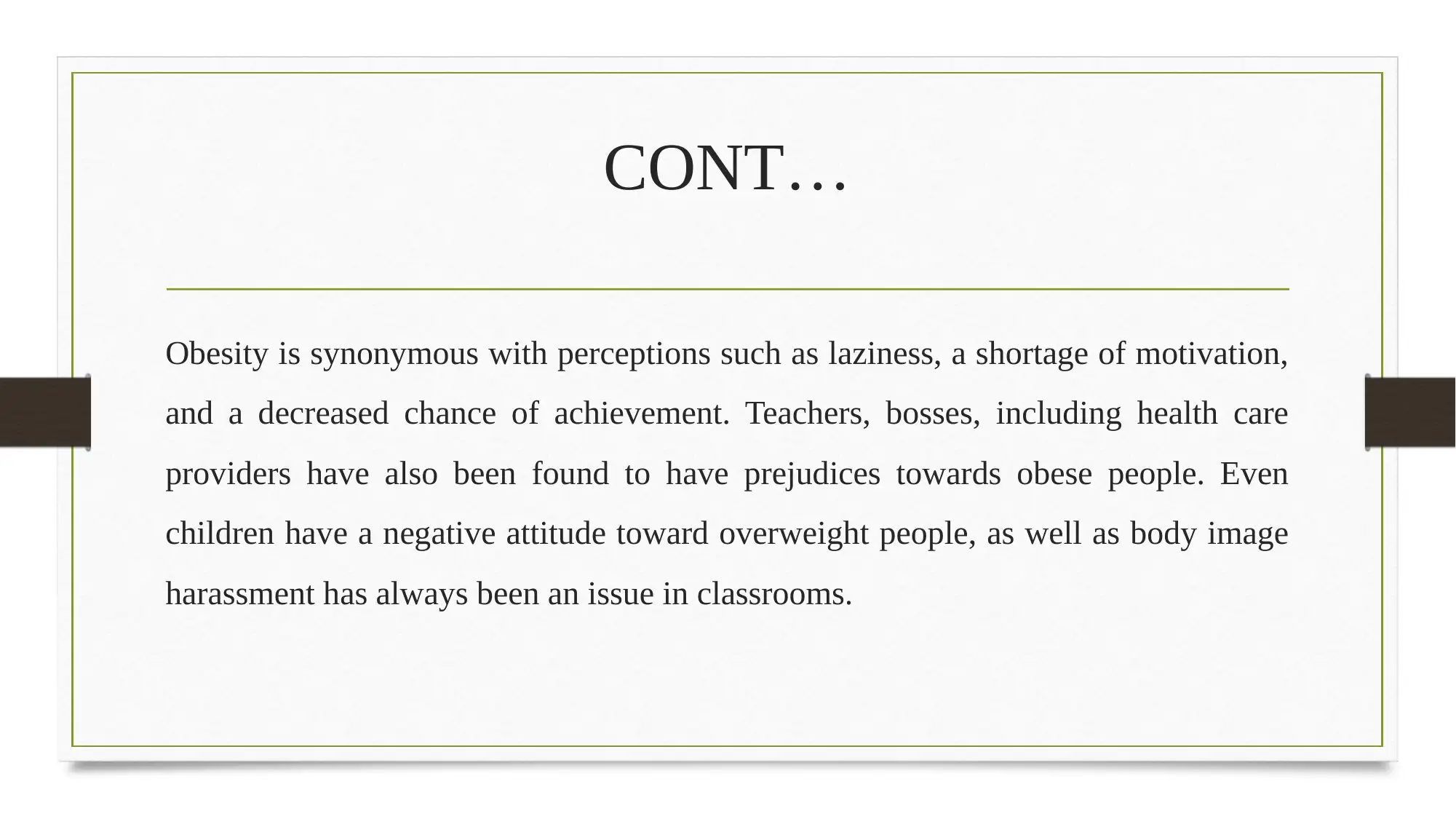
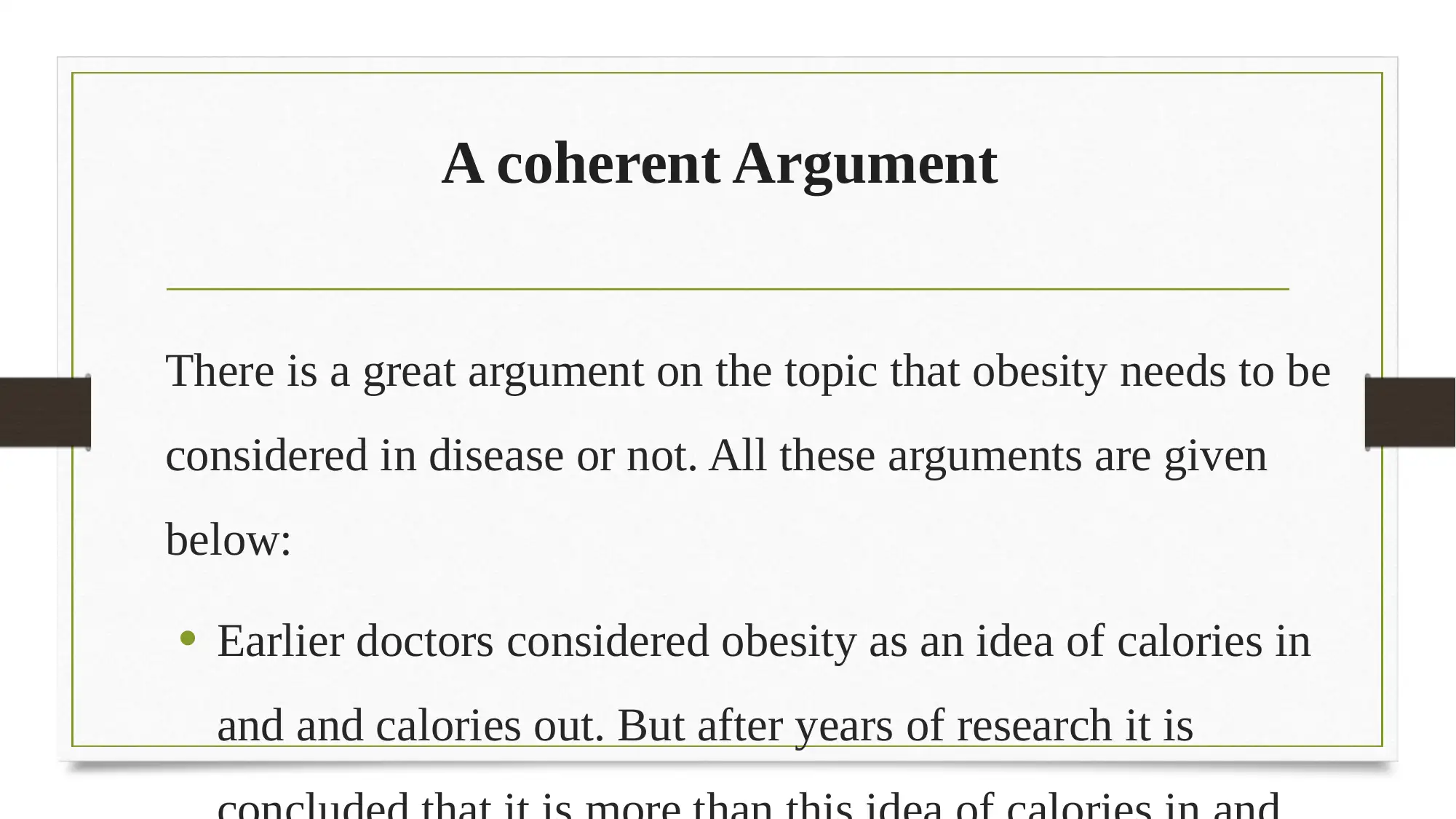
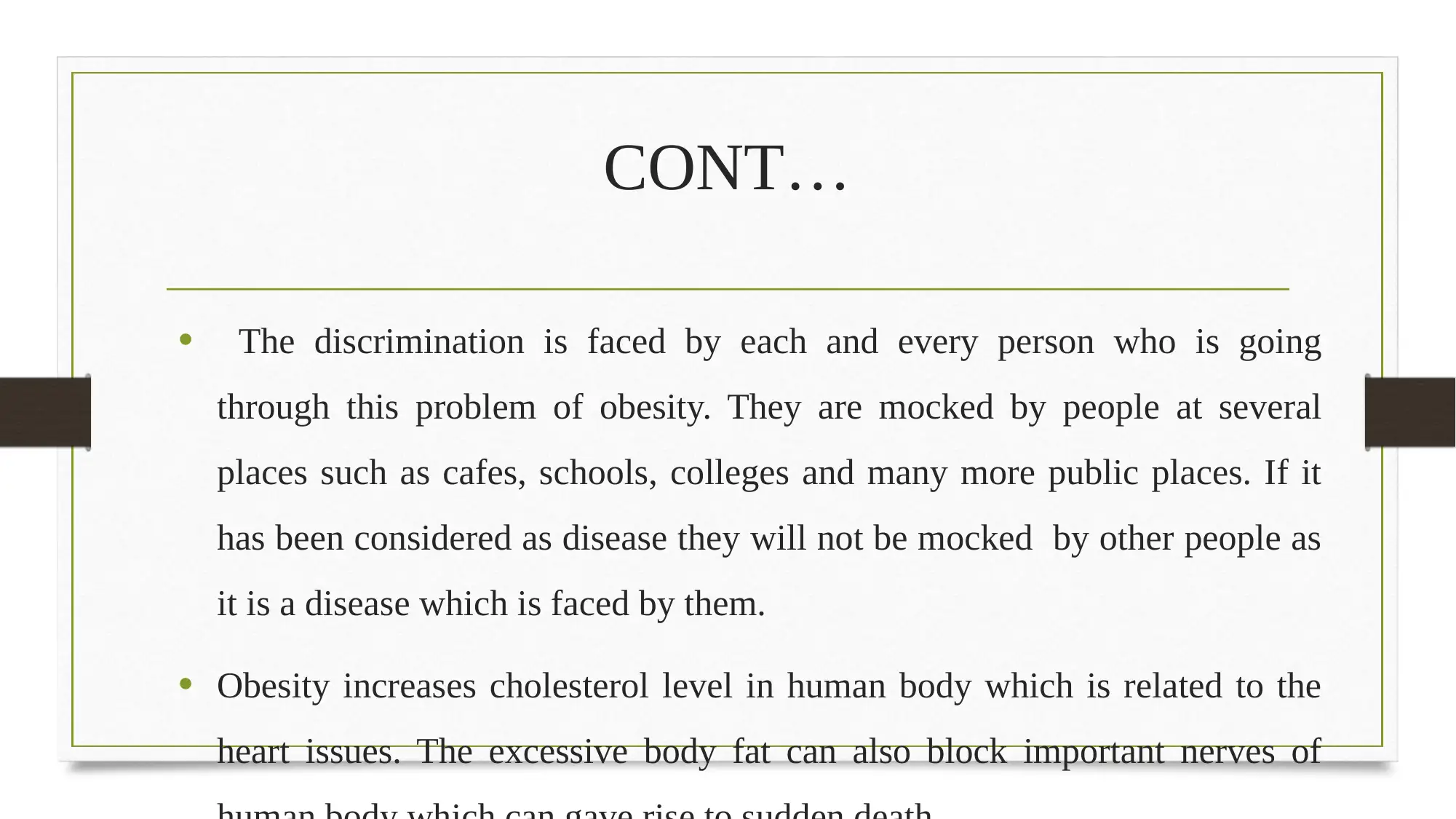
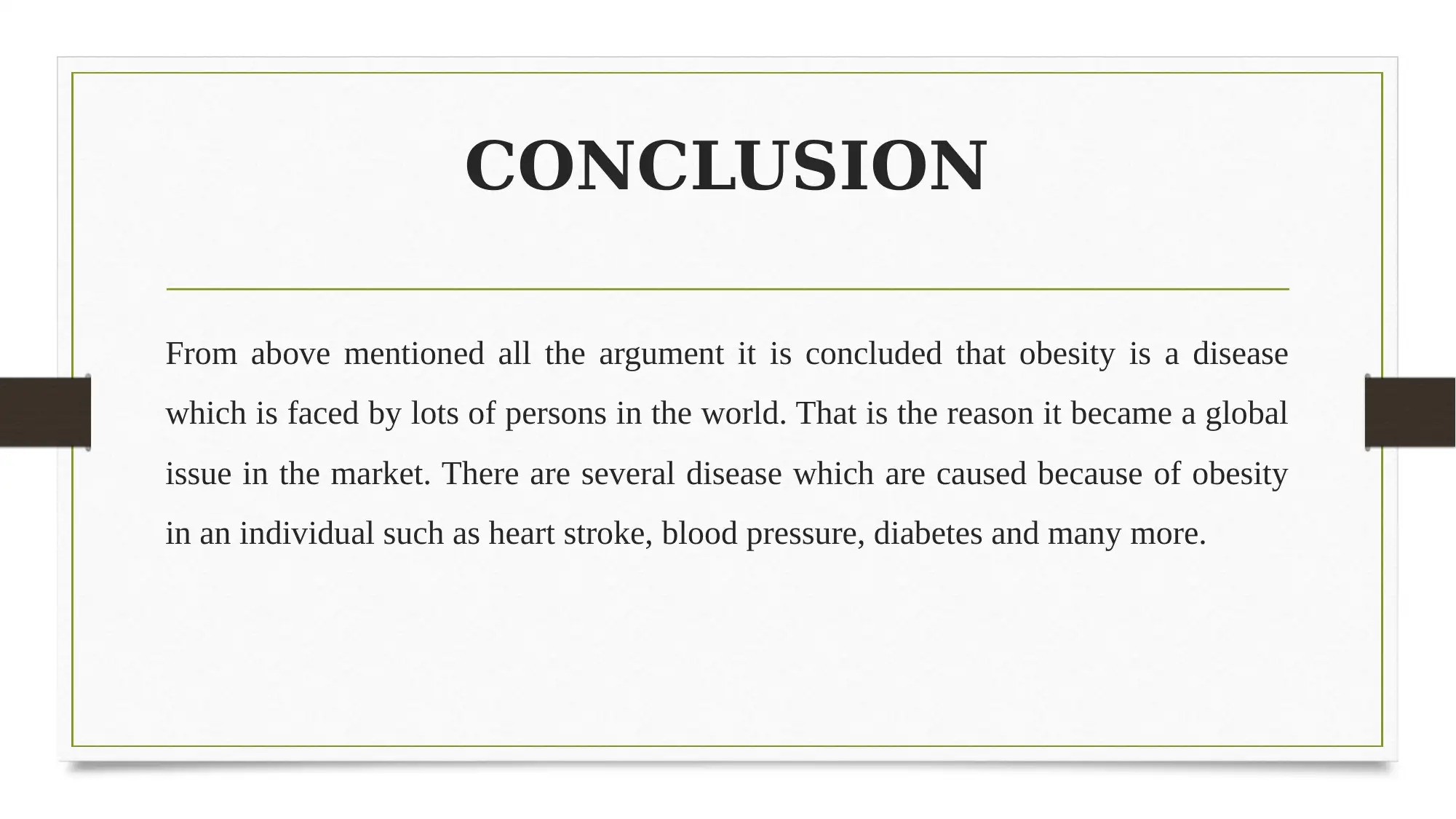
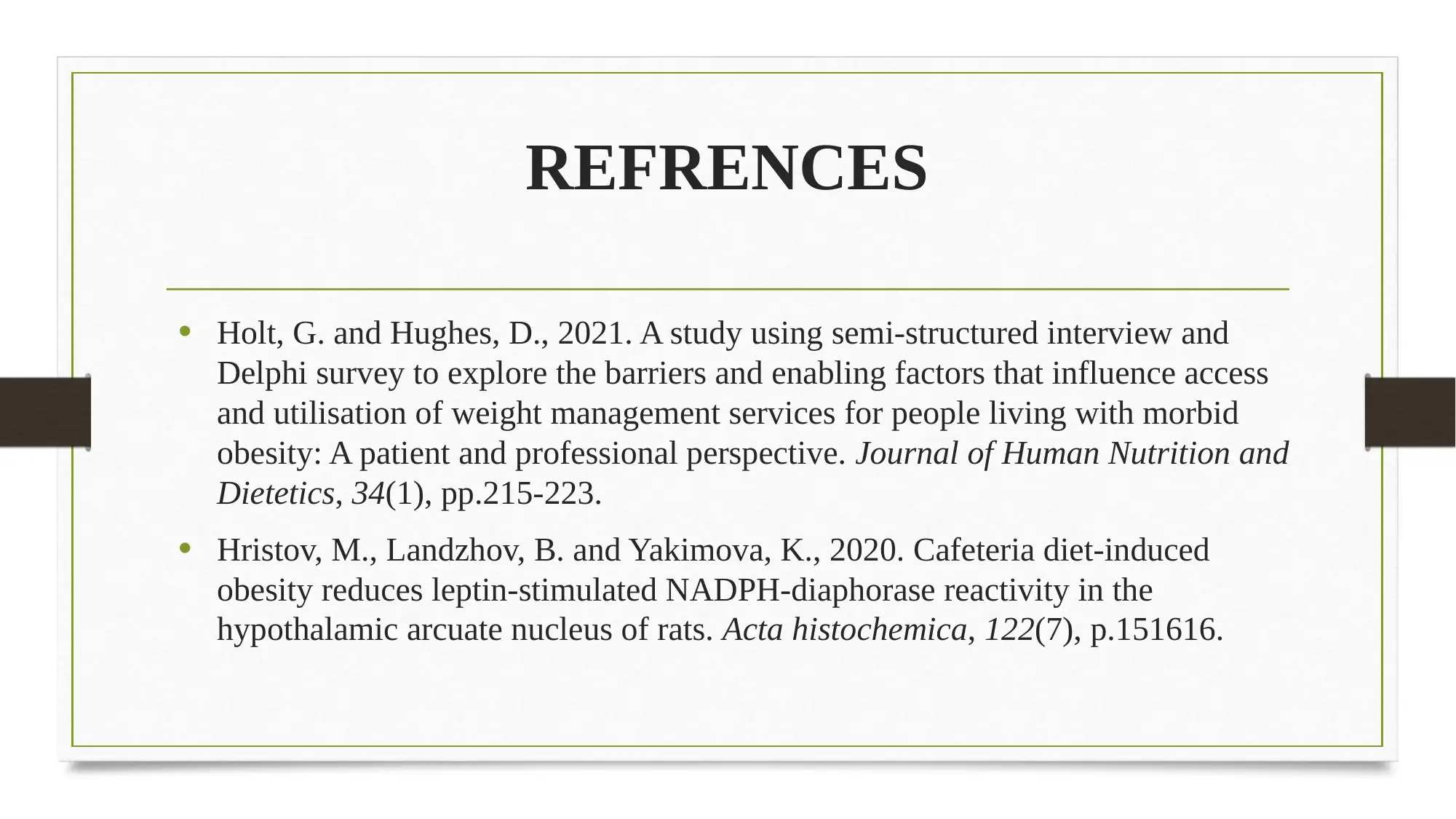







![[object Object]](/_next/static/media/star-bottom.7253800d.svg)